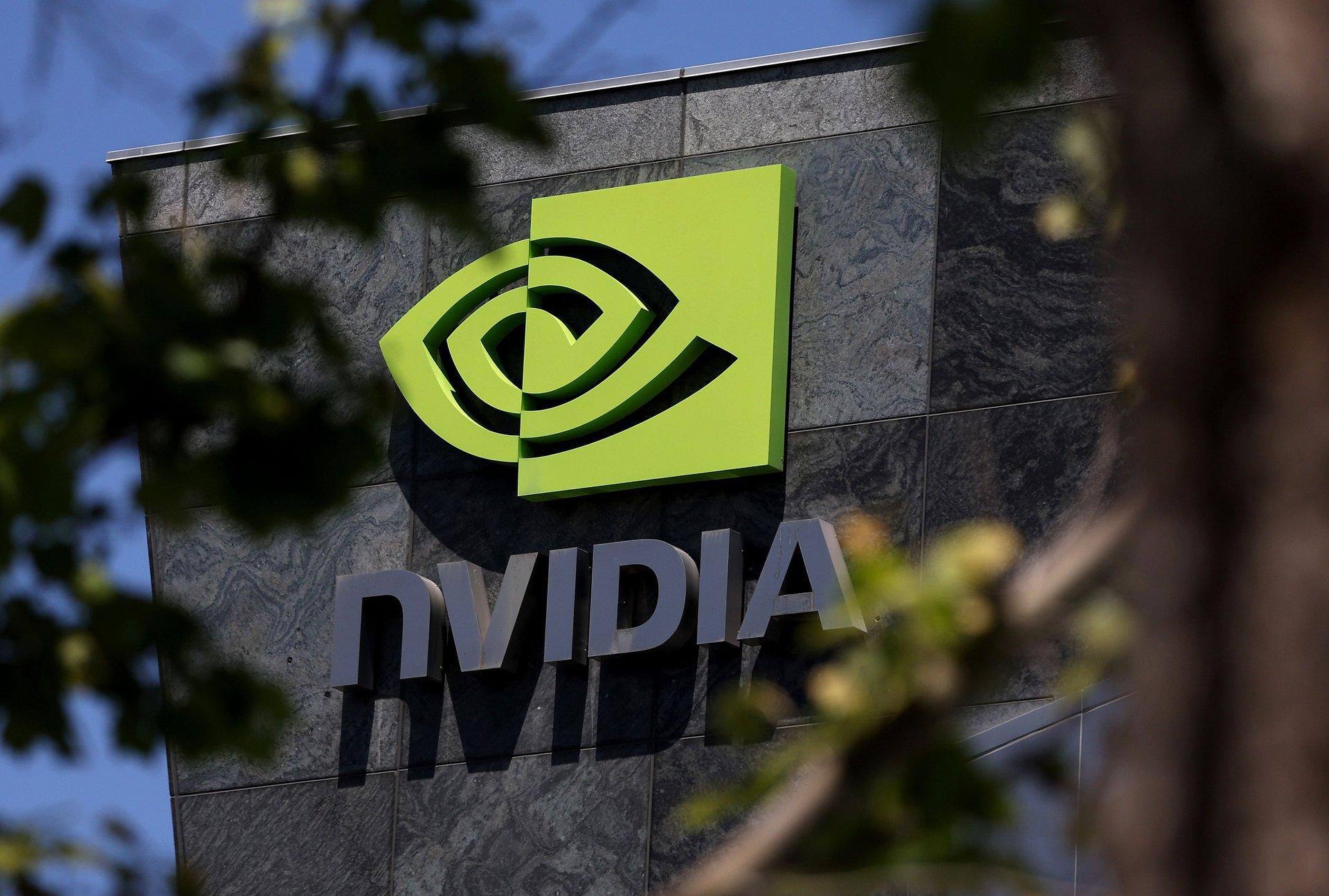China has taken a major step in its technology policy by banning its biggest tech companies, including ByteDance and Alibaba, from purchasing Nvidia’s RTX Pro 6000D chips. The decision, announced by the Cyberspace Administration of China (CAC), is part of a long-term strategy to reduce reliance on US technology and accelerate national semiconductor self-sufficiency. This move highlights Beijing’s determination to ensure its artificial intelligence (AI) ecosystem develops on a local foundation.
The ban sparked strong reactions in the global industry. On one hand, Nvidia loses a key market that could generate substantial revenue. On the other hand, Chinese chipmakers see an opportunity to strengthen their foothold at home. This situation underscores the growing technological geopolitical rivalry between the world’s two largest economies.
Background of the Ban
China has long sought to build a self-sufficient semiconductor industry. Import substitution policies and state subsidies have been directed at local chip companies to help them compete with foreign products. However, the AI sector has remained heavily dependent on US chips, particularly those from Nvidia, which dominates the global GPU accelerator market.
By banning the purchase of RTX Pro 6000D, Beijing is sending a clear message that domestic tech firms must reduce their reliance on Nvidia. The policy is not only about economics but also about national security and strategic data control.
The Role of Regulators
The Cyberspace Administration of China was the driving force behind this policy. Known as the authority overseeing internet and national data security, CAC’s decision to ban foreign chip purchases for tech giants like ByteDance and Alibaba demonstrates a direct link between digital regulation and national security strategy.
The ban also reflects a shift in regulatory stance. Previously, Beijing tolerated imports of downgraded chips as long as they complied with US export restrictions. Now the directive is stricter: companies must prioritize domestic technologies even if it means short-term performance sacrifices.
Targeted Tech Giants
Two of the most affected companies are ByteDance, the owner of TikTok, and Alibaba, the e-commerce and cloud computing powerhouse. Both have been investing heavily in large-scale AI infrastructure. Without Nvidia’s chips, they will have to rely on local suppliers.
This may slow down their AI service expansion. Yet at the same time, it will push them to collaborate more closely with Chinese chipmakers such as Huawei or other domestic accelerator providers.
The Nvidia RTX Pro 6000D
The RTX Pro 6000D is a special variant Nvidia designed to meet US export restrictions to China. The chip is deliberately downgraded compared to the global version, ensuring it remains eligible for sale in the Chinese market.
With large GDDR7 memory and fifth-generation Tensor Cores, the 6000D remains capable for AI applications. However, key features such as NVLink for multi-GPU communication have been removed. The price is about 50,000 yuan, or around 7,000 US dollars.
Differences from the Global Variant
Compared with the global RTX Pro 6000, the 6000D shows clear downgrades. The global version offers higher memory bandwidth and NVLink support, enabling faster training of large-scale AI models. Without these features, the 6000D is limited in handling massive computational workloads.
Additionally, the 6000D design avoids advanced technologies such as HBM memory and CoWoS packaging, which are critical in high-end chips. This makes the China-only variant more of a temporary compromise than a long-term solution.
Market and Industry Reaction
The market gave a lukewarm response to the 6000D. Many companies considered it overpriced for its reduced performance. Reports suggested some firms preferred acquiring higher-end Nvidia chips through gray-market channels instead of purchasing the downgraded legal version.
With the new ban in place, Nvidia’s chance to sell this compromise product is further diminished. This development highlights the dead end facing Nvidia’s strategy of offering downgraded chips to stay in China.
Strategic and Economic Impact
The ban carries broad implications for both Chinese tech companies and Nvidia as a global supplier. For Beijing, it is an explicit push to make domestic chips the backbone of its AI development.
Impact on Chinese Tech Companies
ByteDance and Alibaba will need to overhaul their data center strategies. Without Nvidia, they must transition to local chips or reconfigure their software architecture to work with domestic accelerators. This requires significant investment but will strengthen the local ecosystem in the long run.
AI developers also need to ensure training frameworks run efficiently on non-Nvidia hardware. This involves optimizing software, drivers, and network infrastructure.
Impact on Nvidia
China has historically been one of Nvidia’s most important markets, contributing a significant portion of revenue. Losing the ability to sell the 6000D further squeezes its growth prospects in Asia. CEO Jensen Huang expressed disappointment with the ban but reaffirmed Nvidia’s readiness to re-engage if opportunities arise.
Global investors are concerned about long-term risks. If the Chinese market closes entirely, Nvidia will be forced to rely more heavily on the US and Europe, which may not absorb its full GPU AI production capacity.
Geopolitical Implications
The ban underscores the tech rivalry between China and the US. Washington continues to tighten AI chip export restrictions, while Beijing doubles down on domestic semiconductor development. This creates a new dynamic in the global supply chain, with the potential for market fragmentation.
International companies operating in China are also affected. They must decide whether to comply with Beijing’s strict regulations or seek alternative strategies to stay competitive.
China’s ban on Nvidia RTX Pro 6000D purchases by ByteDance and Alibaba marks a new chapter in the global tech war. The policy highlights Beijing’s determination to strengthen domestic semiconductors while challenging US dominance in AI. Going forward, the spotlight will be on how quickly Chinese chipmakers can fill the gap left by Nvidia. For further insights into technology and global markets, continue reading related articles on Olam News.






